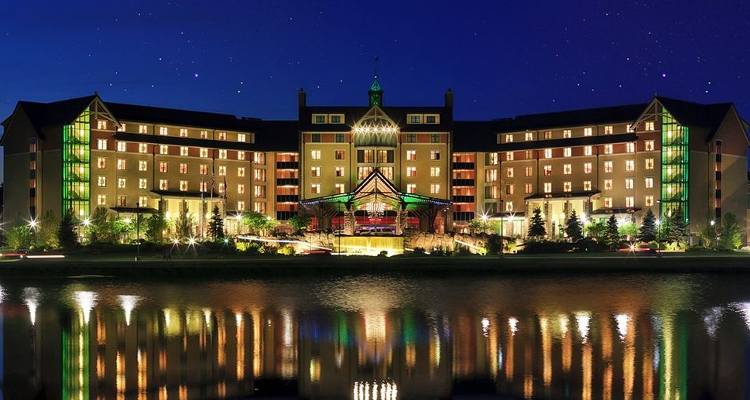After having its gaming license renewed two weeks ago by the Pennsylvania Gaming Control Board, Mount Airy Casino Resort is now reportedly asking the Pennsylvania Supreme Court to annul a regulation that requires casinos in the eastern state to hand over $10 million a year to their host city or town.
According to a report from The Morning Call newspaper, a measure passed in 2006 mandates that Pennsylvania’s twelve casinos sacrifice 2% of their annual gross slot revenues to the townships in which they are located. The legislation, which was contained in Senate Bill 862, additionally includes a controversial provision that mandates this amount must be at least $10 million with operators required to make up any difference.
However, the newspaper reported that none of Pennsylvania’s casinos came anywhere close to grossing $500 million in slot revenues last year with the state’s largest, the Sands Casino Resort Bethlehem, reporting $288.9 million. The 2% provision means that the casino should have handed over just in excess of $5.7 million in tax but the $10 million minimum means that operator Las Vegas Sands Corporation was responsible for making up the difference of $4.3 million.
For Mount Airy Casino Resort, the difference was even more considerable with its 1,850 slots pulling in just $139.1 million last year, which means that it was required to add $7.22 million onto its 2% tax of $2.78 million.
“All we’re asking for is uniformity and fairness,” Michael Sklar, an attorney working for the northeast Pennsylvania casino, told The Morning Call. “That $10 million rate is neither.”
The venue in the Poconos Mountains is now asking the Pennsylvania Supreme Court to rule on whether the current tax variance structure is legal while those opposed to changing the law explain that the casino knew the tax situation when opening nearly ten years ago.
“This fee has been established for a decade,” Pennsylvania State Senator Pat Browne told The Morning Call. “We’re not just going to let this money be stripped from municipalities.”
Mount Airy Casino Resort is joined in its displeasure with the slot tax by Pittsburgh’s Rivers Casino, which sued the Pennsylvania Department Of Revenue earlier this year on similar charges before dropping the case last month.
“The different rates of taxation resulting from this provision are arbitrary, unreasonable, not related to a legitimate government purpose and not based on a legitimate distinction between taxpayers to warrant their imposition,” read the complaint filed by Rivers Casino.
Since opening in October of 2007, Mount Airy Casino Resort has generated nearly $1.6 billion in gross slot revenues and has paid in excess of $800 million in tax. If the Pennsylvania Supreme Court rules the current tax system violates state law, every Pennsylvania casino would likely be required to hand over only a 2% duty, which could spell bad news for communities that rely heavily on these funds.
“Our host fee is equivalent to 100 police officers,” Robert Donchez, the Democratic mayor of Bethlehem, told The Morning Call.


